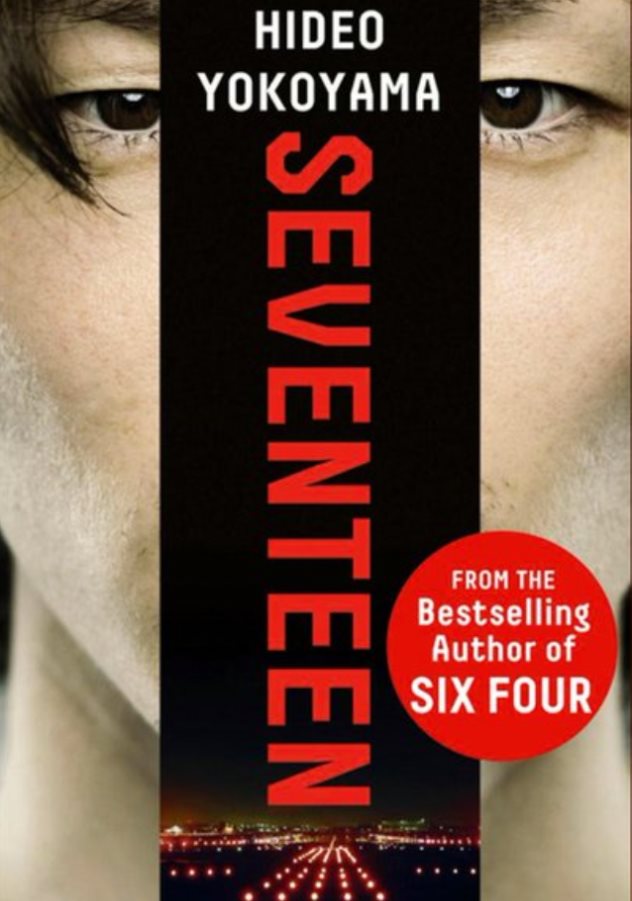Seventeen bills itself as “an investigative thriller” but in my opinion, it is not. It is more of an intriguing story of a local Japanese newspaper, the North Kanto Times, using the backdrop of the real air crash of Japan Airlines (JAL) Flight 123 in 1985 to present a fascinating insight into the workings of a daily newspaper, laying bare the internecine office politics, tensions, infighting, rivalries, resentments and personality conflicts that come from a group of people working together.
The book begins in 2003 where Kazumasa Yuuki, a reporter on the North Kanto Times, is about to embark on an ascent of the treacherous Tsuitate rock face with Rintaro Anzai, the son of a former colleague Kyoichiro Anzai. He was supposed to make the same attempt in 1985 with the senior Anzai but the crash of Japan Airlines Flight 123 thwarted their plan. Now embarking on the climb, Yuuki reminisces back 17 years to 1985 when the airline disaster transformed his life.
Seventeen years ago, Yuuki had been a seasoned reporter caught in the power struggles and office politics that plagued the North Kanto Times. But when an air disaster of unprecedented scale occurred in the paper’s prefecture, Yuuki was assigned to lead the air crash desk. He was responsible for despatching reporters out into the field, editing their stories, keeping a close tab on the publishing datelines, deciding the layout and, ultimately, which stories would make the cut and which would not.
The paper itself was constantly compromised in its effort to sustain circulation with restrictions on political statements and an on-going attempt to remain neutral in a province where the two main rivals in Japan’s ruling political party held their bases. Politics loomed large in the boardroom where the chairman and managing director were engaged in a power struggle, pitting staff into one faction or the other.
Yuuki struggles almost in vain at maintaining a home/work balance, with his family on the losing end. Not by nature an outgoing individual, he prefers to stay out of the political squabbles, but when they threaten to overpower the biggest story the paper has ever handled, he knows he has to step up to the plate whatever the personal cost.
Seventeen is a very complex novel with lots of characters, typical of Hideo Yokoyama’s story telling. Being not attuned to Japanese names, I found it a bit challenging to keep up with exactly who is who. There is a glossary of characters at the end of the book to help you in case you get lost. With patience, I found the book an engrossing read, providing an astringent picture of modern Japanese society.
For me, Seventeen is a gripping page turner and a deeply satisfying read but if you are under the impression that this is a thriller, you may be in for a disappointment.
 CY@CY Says Welcome to my dreamscape. Where a Lim is also a Ling.
CY@CY Says Welcome to my dreamscape. Where a Lim is also a Ling.
